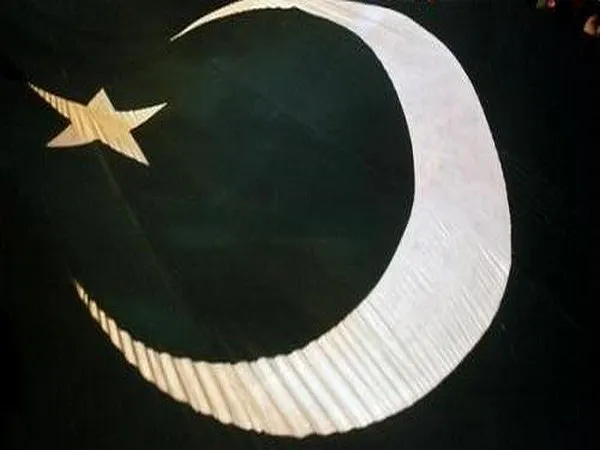Pressure is growing on the Pakistani government to iron out agreements with power producers, especially Chinese companies, to bring down its energy bill which forms one of the biggest items in its budget and is an overwhelming burden for the population.
Finance Minister Muhammad Aurangzeb and Energy Minister Sardar Awais Ahmad Khan Laghari are in Beijing until Friday for talks with Chinese authorities. Local media reported that their aim is to delay Pakistan’s debt payments — worth more than $15 billion — by five years.
This will save Pakistan roughly $2 billion in debt-servicing costs over the next three years, which would marginally help bring down energy costs and alleviate its foreign exchange crisis.
Under plans for the China-Pakistan Economic Corridor (CPEC), 21 power plants — some of them are still under construction — with a total power generation capacity of more than 9,000 megawatts were to be completed. But electricity theft and distribution problems caused by line losses left the government short of revenue, hindering its ability to repay Chinese power producers. This in turn led its debt to balloon by $1.8 billion, which is a result of additional operational and capacity costs.
However, two government officials who are familiar with the situation, told Nikkei Asia on condition of anonymity that it was unlikely that China would concede to Pakistan’s request.
Analysts agreed that there was little incentive for Chinese authorities to renegotiate. Stella Hong Zhang, a China public policy postdoctoral fellow at the Ash Center of Harvard Kennedy School, said that the Chinese companies would be reluctant to restructure their loans to Pakistan because of their own bottom lines.
“It would also not be easy for the Chinese government to press the companies to accept the losses unless the government can provide subsidies to cover them in some way,” she said.
Ammar A. Malik, a senior research scientist at AidData, a research institute at William and Mary University in the U.S. told Nikkei, “[China] would be reluctant to set a precedent and certainly don’t want to be seen as taking haircuts on any BRI (Belt and Road Initiative) projects. … Whatever deal or solution they offer Pakistan could then be used by other host countries as a precedent to demand similar concessions.”

Moreover, relations between the two countries have worsened lately. China in June rebuffed Pakistan’s proposal for new investments under CPEC. Security threats to Chinese personnel in Pakistan, on top of the unpaid energy debts, resulted in Beijing’s frostiness, some said.
“There has been a growing distrust between Pakistan and China relating to economic engagements, which can complicate the power negotiations,” said Khalid Rahman, chairman of the Institute of Policy Studies, an Islamabad think tank.
While Pakistani ministers are focusing on Chinese power producers, pressure is building on the government to renegotiate agreements with all local and foreign independent power producers (IPPs) in Pakistan.
Over fiscal 2023-2024, the government paid IPPs $7 billion in so-called capacity payments, which are guaranteed returns in U.S. dollars even if the power plants do not produce any electricity. Capacity payments were introduced to entice investment into the power sector by offering a definite rate of return in an otherwise uncertain business environment. To put this in perspective, Pakistan is only getting a $7 billion loan from the International Monetary Fund for three years as economic aid.
Gohar Ejaz, a former caretaker minister and an industrialist, is leading the campaign. He wrote on X that the government should only make “payments for electricity purchases from the cheapest electricity suppliers.”
Data provided by Ejaz showed that there are 106 IPPs in Pakistan that incurred total power generation costs of $11 billion over fiscal 2024, of which $7 billion was billed as capacity payments.
Experts agree that the IPPs are taking their toll on Pakistan’s economy.
“There is no doubt that capacity payments, due to IPP deals, are one of the contributing factors to inflated power bills in Pakistan and are also propelling social unrest,” said Rahman from the Institute of Policy Studies.
The Federation of Pakistan Chambers of Commerce and Industry announced that it would challenge IPP agreements in the Supreme Court.
Experts say that renegotiating IPP agreements would be complicated.
“Renegotiate terms in entirety is a bad idea because that erodes investor confidence and credibility of the sovereign,” said Ammar Habib Khan, an assistant professor at the Institute of Business Administration in Karachi. “Even adjusting for the [returns] in these deals, the net benefit to consumers would be minimal at best.”
Rahman suggested that the government must first make transparent all its deals with IPPs. “IPPs should be categorized into local and foreign ones and the government should negotiate them with separate frameworks,” he said.
asia.nikkei.com

